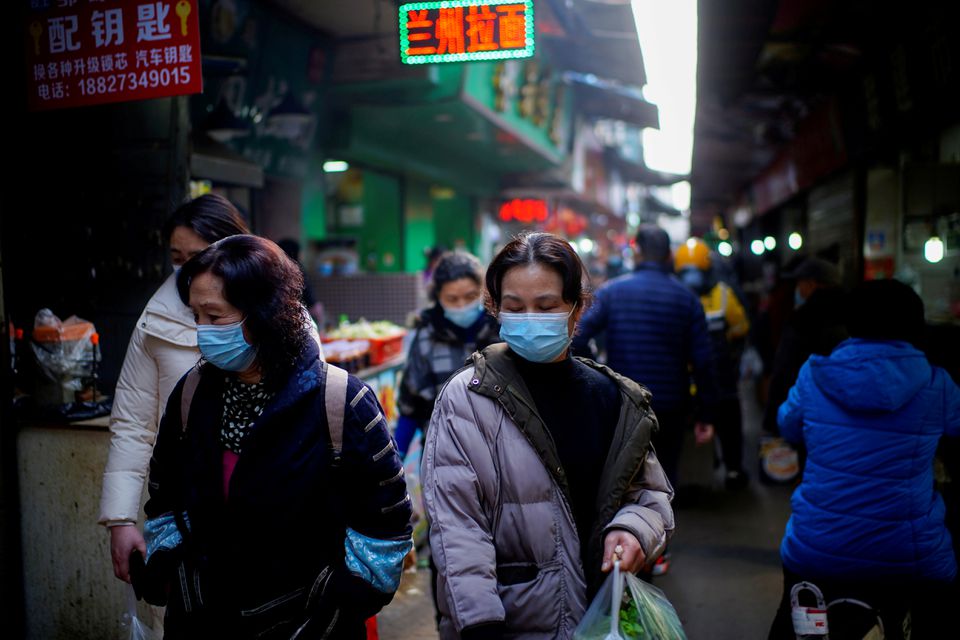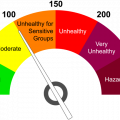Air quality is a measure of how clean or polluted the air is. Monitoring air quality is important because polluted air can be bad for our health—and the health of the environment. Air quality is measured with the Air Quality Index or AQI. The AQI works sort of like a thermometer that runs from 0 to 500 degrees.
Air pollution kills an estimated seven million people worldwide every year. WHO data shows that almost all of the global population (99%) breathe air that exceeds WHO guideline limits containing high levels of pollutants, with low- and middle-income countries suffering from the highest exposures. WHO is supporting countries to address air pollution.
From smog hanging over cities to smoke inside the home, air pollution poses a major threat to health and climate. The combined effects of ambient (outdoor) and household air pollution cause about seven million premature deaths every year, largely as a result of increased mortality from stroke, heart disease, chronic obstructive pulmonary disease, lung cancer, and acute respiratory infections.
Ambient air pollution accounts for an estimated 4.2 million deaths per year due to stroke, heart disease, lung cancer, and chronic respiratory diseases. Around 91% of the world’s population lives in places where air quality levels exceed WHO limits.
Is There A Link Between Air Quality And COVID-19?
Poor air quality is an important risk factor for both acute (e.g. pneumonia) and chronic respiratory and cardiovascular diseases (such as chronic obstructive pulmonary disease or stroke). People with underlying medical conditions are thought to be at a greater risk of developing severe disease from COVID-19 infection; thus, air pollution is most likely a contributing factor to the health burden caused by COVID-19.
During the global COVID-19 pandemic, however, there has been an important, albeit short-term, reduction in concentrations of air pollutants across cities. This reduction was more prominent in the case of nitrogen oxides (NOₓ), a pollutant very much related to traffic, which was dramatically curtailed by lockdown measures. European data for some cities have shown a reduction of around 50%, and in some cases, up to 70%, in NO₂ levels compared to pre-lockdown values.
COVID-19 has been a tragedy but, at the same time, the response measures have shown how policies related to transport and the way people work, study and consume, can contribute to better air quality, something that should be taken into consideration for the post-pandemic recovery policies that many countries are already working on.





